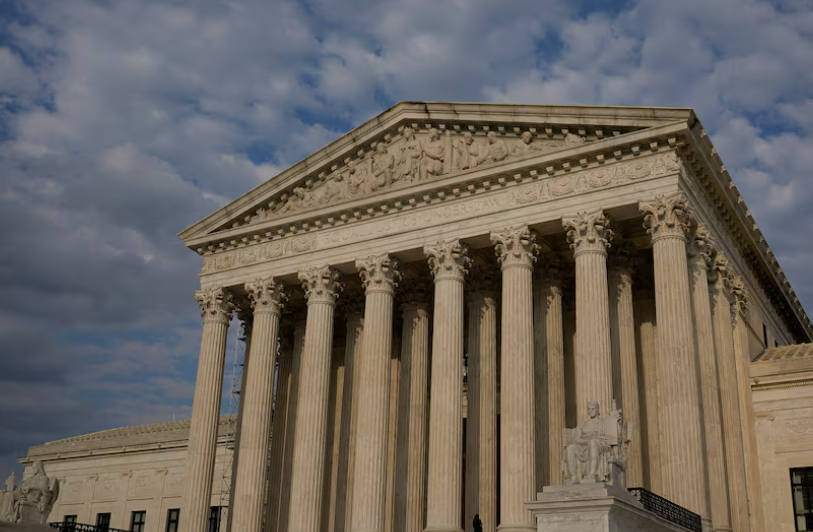Democratic U.S. senators on Tuesday introduced a bill to reverse a U.S. Supreme Court ruling from last month that limits federal agencies’ ability to issue regulations on issues such as the environment, consumer protection, and workers’ rights. Senator Elizabeth Warren of Massachusetts announced that she and 10 fellow Democrats are sponsoring a bill to codify into law a 40-year-old legal doctrine. This doctrine, known as “Chevron deference,” required courts to defer to federal agencies’ interpretations of the laws they administer when those statutes are ambiguous.
The Stop Corporate Capture Act aims to restore Chevron deference and implement other changes to modernize and streamline the rulemaking process. Warren stated that the bill would ensure corporate interest groups cannot substitute their preferences for the judgment of Congress and expert agencies.
The bill faces slim chances of passing in the Senate, where Democrats hold a narrow majority, especially in an election year. Representative Pramila Jayapal, a Democrat from Washington, supports a similar bill pending in the U.S. House of Representatives, which is led by Republicans. Republicans celebrated the June 28 Supreme Court decision, made by the court’s 6-3 conservative majority, which overruled the Chevron v. Natural Resources Defense Council doctrine established in 1984. Chief Justice John Roberts stated that courts must exercise their independent judgment in deciding whether an agency has acted within its statutory authority, instead of deferring to agencies’ interpretations of ambiguous statutes.
The Supreme Court’s decision marked one of several rulings in its last term that weakened the power of administrative agencies, aligning with a long-term Republican goal. In the weeks since the decision, at least six lower-court judges appointed by Republican presidents have cited the Supreme Court’s ruling in decisions blocking rules adopted during Democratic President Joe Biden’s administration designed to protect workers’ and LGBTQ rights.
Michael Drysdale, a lawyer specializing in environmental and administrative law at Dorsey & Whitney, noted an increase in judicial activity following the Supreme Court’s decision. Judges had been waiting on decisions until the fate of Chevron was determined. Just hours after the Supreme Court’s decision, a federal judge in Sherman, Texas, blocked a U.S. Department of Labor rule from being enforced against the state that would extend mandatory overtime pay to new classes of workers.
Subsequent rulings by judges in Florida, Kansas, Mississippi, and Texas blocked new Biden administration rules designed to protect LGBTQ people from discrimination in healthcare and education and a Federal Trade Commission rule banning non-compete agreements. Most recently, the New Orleans-based 5th U.S. Circuit Court of Appeals directed a Texas judge to reconsider an earlier ruling that relied on Chevron deference to uphold a Biden-era rule from the U.S. Labor Department allowing socially conscious investing by employee retirement plans.

